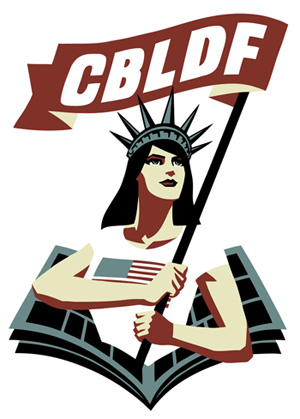This story has been floating around for a while now and we reported about it when it first happened. The story centers around Alan Moore’s Neonomicon which contains scenes of violence, rape, and racism. The title was challenged at the Greenville County public library system. The title went to a review committee for the library system and the committee recommended that the graphic novel remain on the shelf. The library director of the library decided to overrule the committee recommendation and removed the title anyway. This removal was based on her on opinion that the title was disgusting so it was de-selected. This is a dangerous position that she has placed herself in, the librarian is there to make sure the collection represents the community in its diversity, not her own opinion. The article on CBDLF’s site does this more justice, excerpt follows:
Director James, however, took a different view:
‘It was disgusting,’ she said, declining to label it obscene or pornographic.
She acknowledged the library has many books that deal in such detail with the very same subject matter — racism, rape, murder, sex — but for her, the pictures gave her pause.
Her decision to pull the book was the first time she had overruled her staff’s recommendation and the fifth time she had removed material from the library after a complaint.
‘I call it de-selection,’ she said.
James is welcome to call it whatever she likes, but what most librarians call de-selection — informally known as “weeding” — is the removal of materials that are outdated, worn, or damaged or that have not circulated much. This is obviously necessary to free up space for new items and to keep collections relevant, but the American Library Association’s interpretation of the Library Bill of Rights specifically states that “[t]his procedure is not to be used as a convenient means to remove materials that might be viewed as controversial or objectionable.”
James’ decision also appears to contradict her own library’s collection development policy, which says:
[P]arents and legal guardians have the responsibility for their children’s use of library materials and are encouraged to define what material or information is consistent with their personal and family beliefs; only they can apply those values for themselves and their children.
By removing the book, James has instead allowed one parent to dictate what all adult patrons of the Greenville County Library System may access. Additionally, a graphic novel has once again been damned by its format alone, as James admits that the illustrations were the deciding factor.
http://cbldf.org/2013/01/library-director-who-banned-neonomicon-defends-decision/

